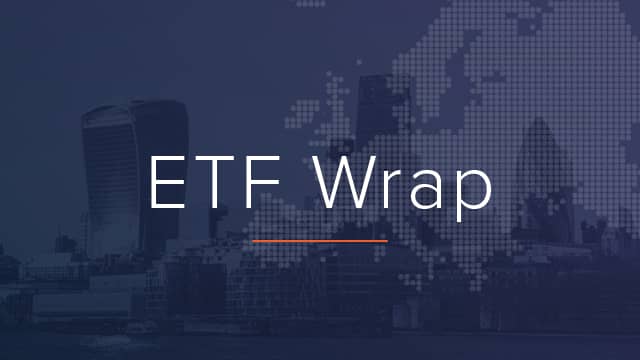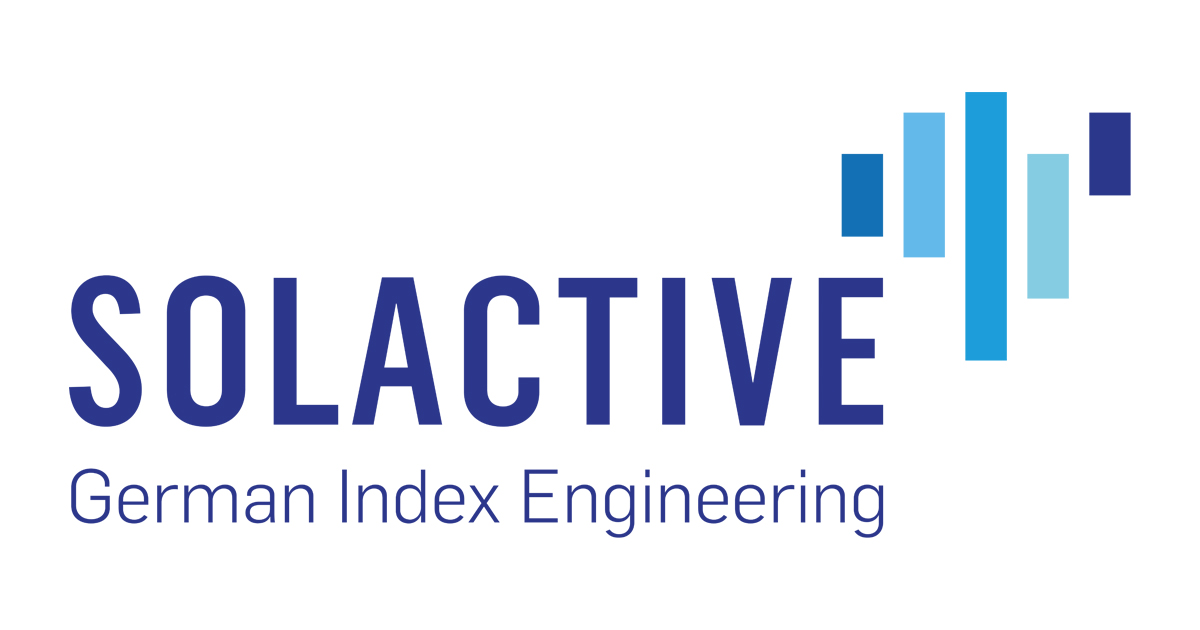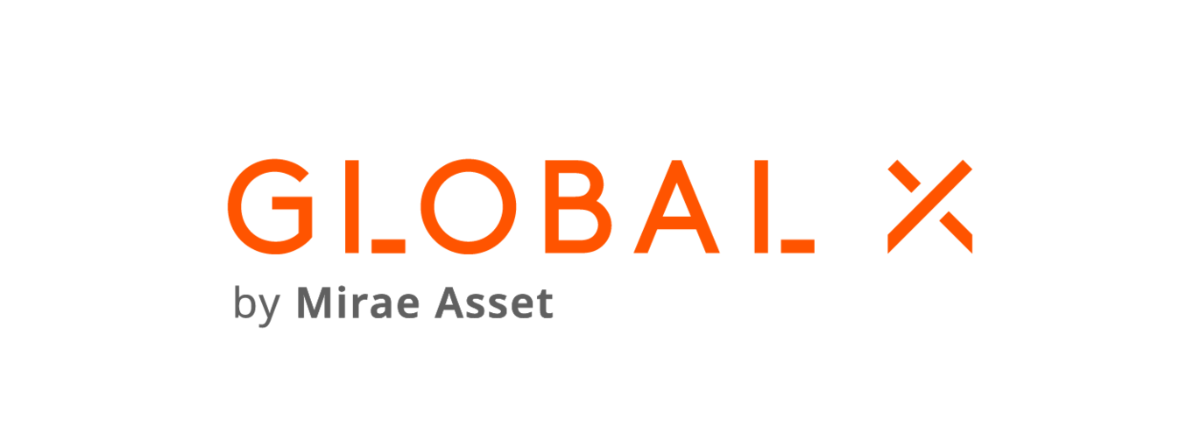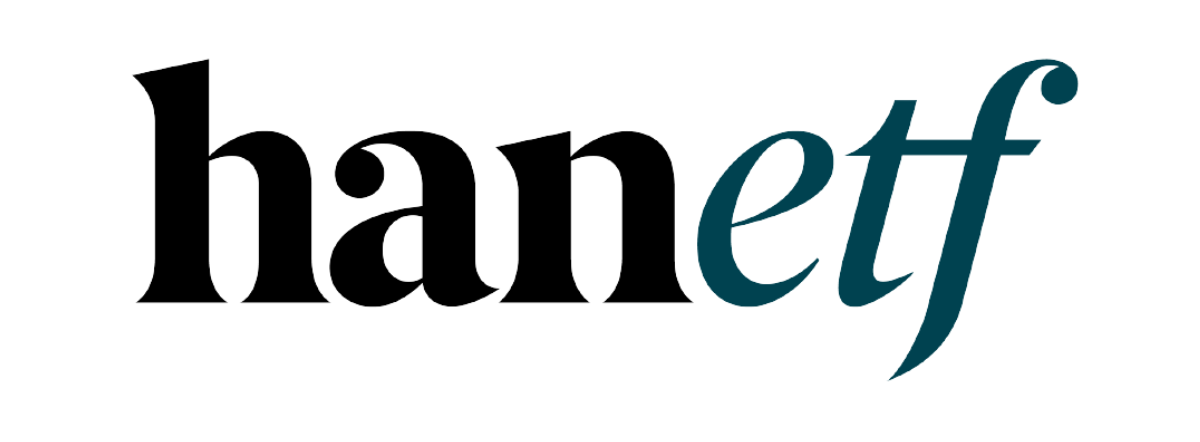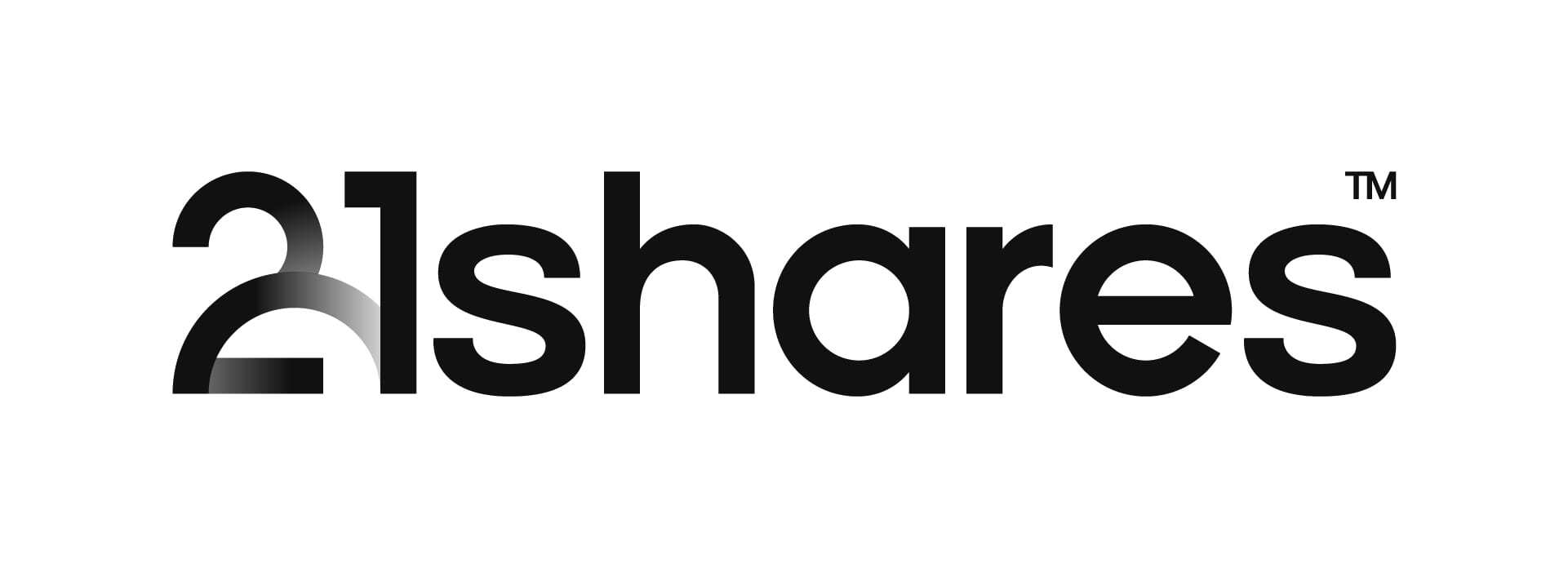There was another world first in the land of crypto exchange-traded products (ETPs) this week after 21Shares launched a bitcoin and gold ETP which is set to spin the head of the “bitcoin is the new gold” brigade.
The 21Shares ByteTree BOLD ETP (BOLD) does not quite offer bitcoin parity with the precious metal quite yet though, with an 18.5% weighting to bitcoin and 81.5% to gold, the assets are weighted in inverse proportion to their risk.
BOLD – developed alongside UK specialist provider of alternative investment strategies ByteTree – attempts to deliver protection against inflation via optimised risk-adjusted exposure.
While both bitcoin and gold are widely available within an ETP wrapper separately, Charlie Morris, CIO at ByteTree Asset Management, has claimed backtesting ETPs has improved returns by 7-8 percentage points a year – impressive if true.
Often compared to gold, bitcoin is thought to have many similarities including the finite amount of both, a low correlation to equities, they are both seen as a hedge against inflation and are a store of value.
Despite holding predominantly gold, BOLD is priced as a crypto ETP with a total expense ratio (TER) of 1.49%, compared to the cheapest gold ETPs which are priced at around 0.12%.
At the very least the product could quieten the bitcoin-gold debate, for now, it will be interesting to see how the risk-adjust exposure could develop over time.
Pensions turn passive
It was a big week for pension funds turning to passive after Aegon invested £3bn into a new range of BlackRock ESG index funds.
The move comes following growing demand from pension savers for more ethical investments. Savers in Aegon’s growth fund pathway will see their ESG exposure double from 30% to 60% as a result of the switch.
In another eye-catching move, Finnish pension company Varma seeded a new Nomura Asset Management (NAM) ETF with €300m.
The Next Funds Solactive Japan ESG Core Index ETF, listed on the Tokyo Stock Exchange, will also have a sustainable screen based on “market standards” such as the United Nations Global Compact.
The move is also significant for Japan’s ETF market and highlights the wider adoption of the ETF wrapper globally.
Going nuclear
It was also the week ETFs in Europe went nuclear with the launch of not one but two uranium ETFs.
The Global X Uranium UCITS ETF (URNU) listed on the Deutsche Boerse and London Stock Exchange (LSE) while the Sprott Uranium Miners UCITS ETF (URNM), issued via white-label ETF issuer HANetf, is set to list on the LSE in May.
URNM will seek exposure to companies involved in the mining, exploration, development and production of uranium and will also be able to invest in entities that hold physical uranium, uranium royalties and other non-mining assets.
Sprott Asset Management also has a significant pedigree in the sector as it runs a physical uranium trust with $3bn in assets under management (AUM).
Meanwhile, URNU tracks the Solactive Global Uranium & Nuclear Components V2 index which comprises of around 50 companies from the energy, industrial and basic materials sectors.
ETF Wrap is a weekly digest of the top stories on ETF Stream
Related articles
